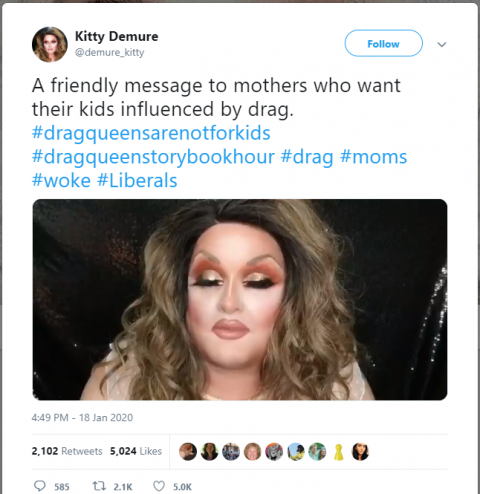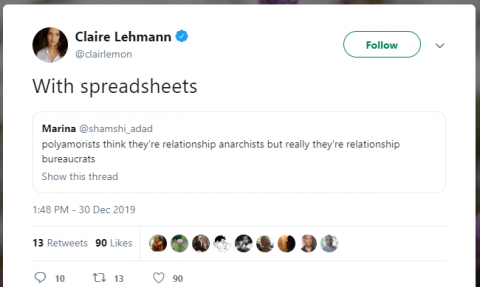In his first Weekly Dish newsletter, Andrew Sullivan reports on the retraction and apology by The Day to J.K. Rowling:

J.K. Rowling’s Harry Potter books have been pivotal for many Millennials in encouraging them to move away from traditional religious beliefs.
We’re used to public apologies by now, but this one is a little different. It comes from a magazine for schoolchildren in England, called The Day. It reads:
We accept that our article implied that … JK Rowling … had attacked and harmed trans people. The article was critical of JK Rowling personally and suggested that our readers should boycott her work and shame her into changing her behaviour … We did not intend to suggest that JK Rowling was transphobic or that she should be boycotted. We accept that our comparisons of JK Rowling to people such as Picasso, who celebrated sexual violence, and Wagner, who was praised by the Nazis for his antisemitic and racist views, were clumsy, offensive and wrong … We unreservedly apologise to JK Rowling for the offence caused, and are happy to retract these false allegations and to set the record straight.
The Day had been referring to JK Rowling’s open letter on trans issues, which you can read in its entirety here and judge for yourself.
I have to say it’s good to see this apology in print. It remains simply amazing to me that the author of the Harry Potter books, a bone fide liberal, a passionate feminist and a strong supporter of gay equality can be casually described, as Vox’s Zack Beauchamp did yesterday, as “one of the most visible anti-trans figures in our culture.” It is, in fact, bonkers. Rowling has absolutely no issue with the existence, dignity and equality of transgender people. Her now infamous letter is elegant, calm, reasonable and open-hearted. Among other things, Rowling wrote: “I believe the majority of trans-identified people not only pose zero threat to others, but are vulnerable for all the reasons I’ve outlined. Trans people need and deserve protection.”
She became interested in the question after a consultant, Maya Forsteter, lost a contract in the UK for believing and saying that sex is a biological reality. When Forsteter took her case to an employment tribunal, the judge ruled against her, arguing that such a view was a form of bigotry, in so far as it seemed to deny the gender of trans people (which, of course, it doesn’t). Rowling was perturbed by this. And I can see why: in order either to defend or oppose transgender rights, you need to be able to discuss what being transgender means. That will necessarily require an understanding of the human mind and body, the architectonic role of biology in the creation of two sexes, and the nature of the small minority whose genital and biological sex differs from the sex of their brain.
This is not an easy question. It requires some thinking through. And in a liberal democracy, we should be able to debate the subject freely and openly. I’ve done my best to do that in this column, and have come to many of the conclusions Rowling has. She does not question the existence of trans people, or the imperative to respect their dignity and equality as fully-formed human beings. She believes they should be protected from discrimination in every field, and given the same opportunities as anyone else. She would address any trans person as the gender they present, as would I. Of course. That those of us who hold these views are now deemed bigots is, quite simply, preposterous.
[…]
It pains me to see where this debate has gone. There’s so much common ground. And I do not doubt that taking into account the lived experiences of trans people is important. But if we cannot state an objective fact without being deemed a bigot, and if we cannot debate a subject because debating itself is a form of hate, we have all but abandoned any pretense of liberal democracy. And if a woman as sophisticated and eloquent and humane as JK Rowling is now deemed a foul bigot for having a different opinion, then the word bigotry has ceased to have any meaning at all.







 Cyberowl
Cyberowl 




